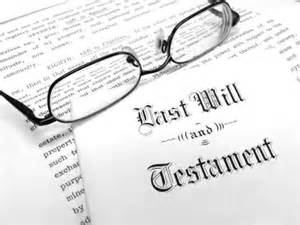
The battle over the estate of Dorothy Whelan has come to a close with a high court ruling.
The estate of Dorothy Whelan has received considerable press in the U.K. by estate planning blogs and news site. It has now come to a conclusion through a high court ruling upholding an earlier will.
Here are the facts of the case:
Whelan drafted a will in 1982 that divided her £1.8 million (US$2.7 million) estate between four charities in the United Kingdom. Another will was drafted in 1999 that gave the estate, including Whelan’s London area cottage, to Hazel Turner and her sons.
Whelan passed away in 2012.
A dispute arose between the charities and Turner’s family over which will should be accepted by the court. Turner has Alzheimer’s disease so her case was being conducted by her son, the actor Robert Turner.
The court has decided to accept the 1982 will as reported by Third Sector in “Four charities win £1.8m legacy case in High Court.”
The court found that the 1999 will was obtained by fraud. The witnesses to the will thought they were actually signing Hazel Turner’s will and a forensics expert reported that a copy of Turner’s will was placed under Whelan’s will when it was witnessed to give this impression.
Alan Turner has been ordered to pay £50,000 (US$75,500) to help pay for the charities’ expenses in fighting the case.
An important take away from this is that it is possible, with due diligence, to have a fraudulent will ruled as such by a court. That is possible in the United Kingdom and in the United States.
Many of these problems can be avoided by consulting with an estate attorney.
Reference: Third Sector (Nov. 18, 2015) “Four charities win £1.8m legacy case in High Court.”











